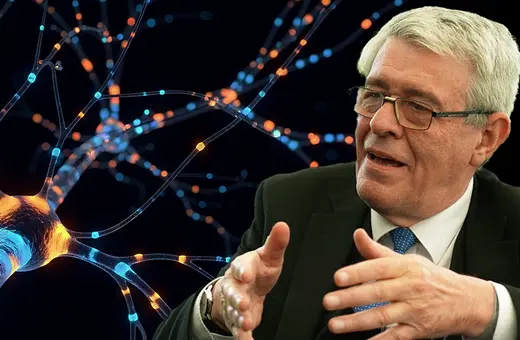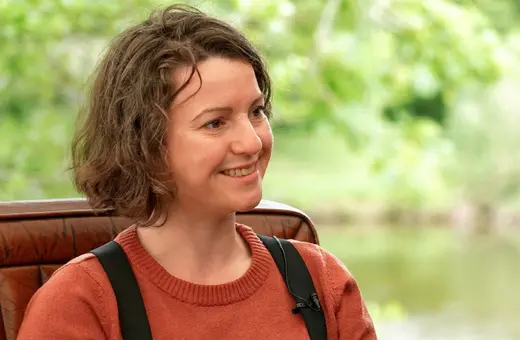The number of people accessing psychotherapy is on the rise. While most therapy focuses on emotional well-being, for many people philosophical counseling may lead to better outcomes by putting meaning-seeking and meaning-making at its core, writes Katerina Apostolides.
Philosophical counseling is an emerging field of counseling whose origin differs both from traditional forms of psychotherapy and from life coaching, although it may overlap to a certain extent with these. Philosophical counselors are trained in the practice of philosophy and their mission is to spread this practice to people who are interested in learning it and applying it to their own lives. Although philosophical counseling is an emerging field of counseling, its roots are ancient as it is inspired at least partly by the example of philosophy as a way of life that was developed in ancient Greece.
It could be said that the guiding view of philosophical counseling is that each individual life is, above all, a journey of meaning-seeking and meaning-making. It proposes to create a space in which an individual can become more aware of the inward journey they are on and empowered to take steps forward in it. The everyday experiences of most people are saturated with questions about good or bad or right or wrong which, while unanswered, can imbue the experiences with a sense of angst, guilt or uncertainty. However, the sense of angst, guilt or uncertainty is not in itself necessarily the problem; from a philosophical perspective it may be preferable to experience uncertainty than false certainty, and it may be preferable to experience angst or guilt than to dissolve these through an effective pharmaceutical. Philosophical counseling attempts to exhume our persistent, unanswered questions from the inarticulate, dark place in which they normally lie hidden, to make them clear and articulate, and thus open us to the possibility of finding answers to them.
Of course, philosophical counseling cannot guarantee that a person will arrive at complete certainty in whatever answers they come to. Nor do all philosophical counselors agree in the answers they have found. However, what philosophical counseling can perhaps promise is that an individual’s decisions will, in general, be more likely to be wise and good if they emerge from a process of sustained and open-ended inquiry. Moreover, it can promise that each individual will in some way realize their human possibility better through engaging in this kind of process.





















Join the conversation